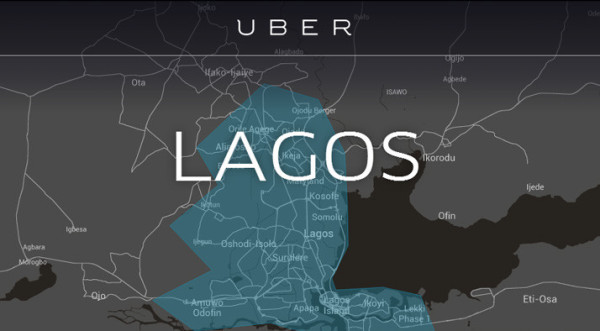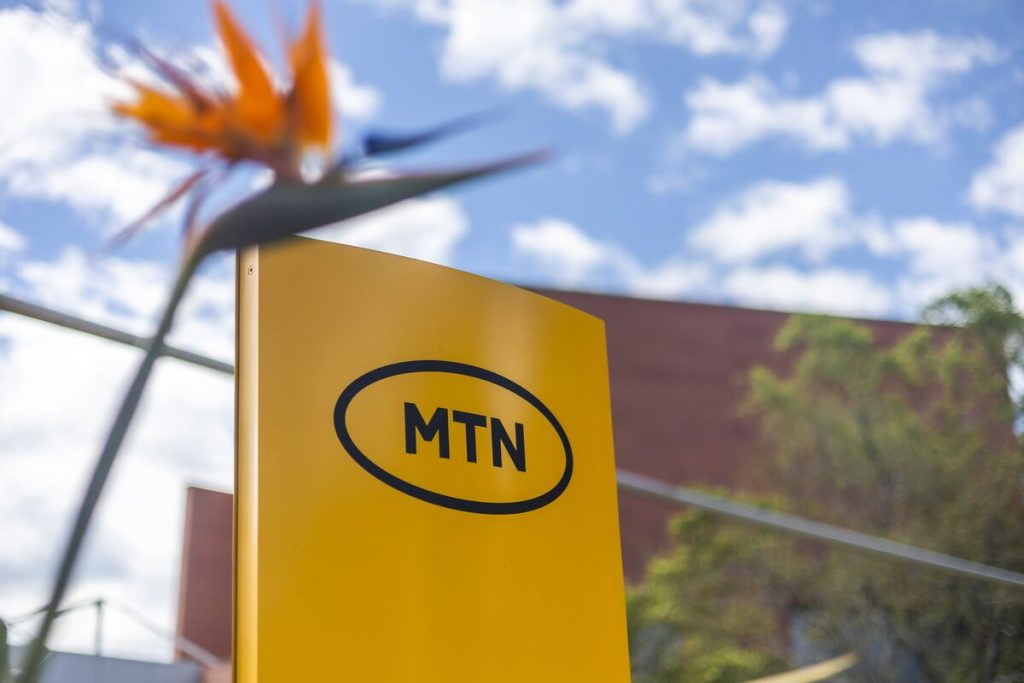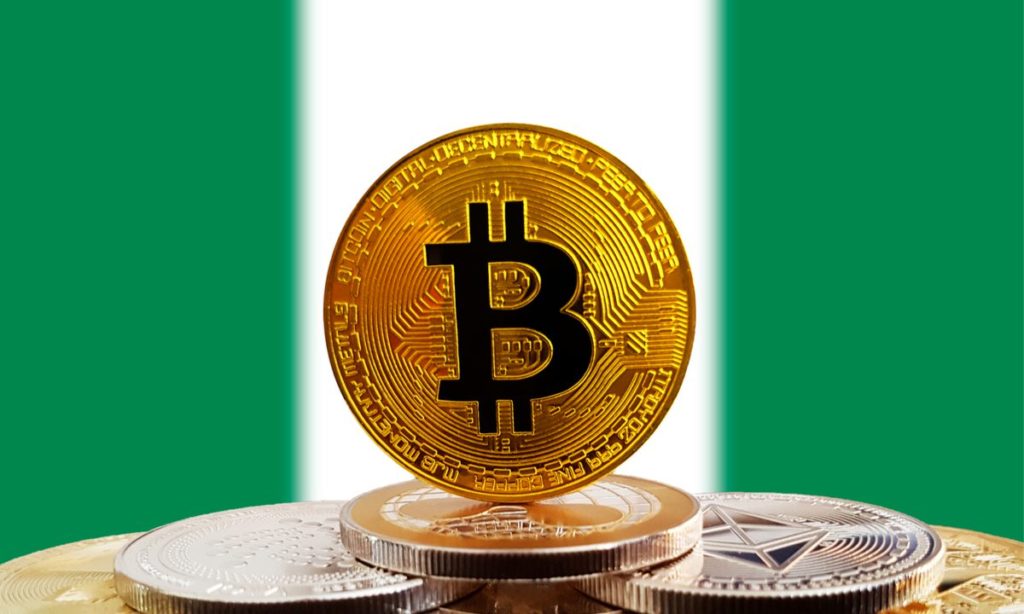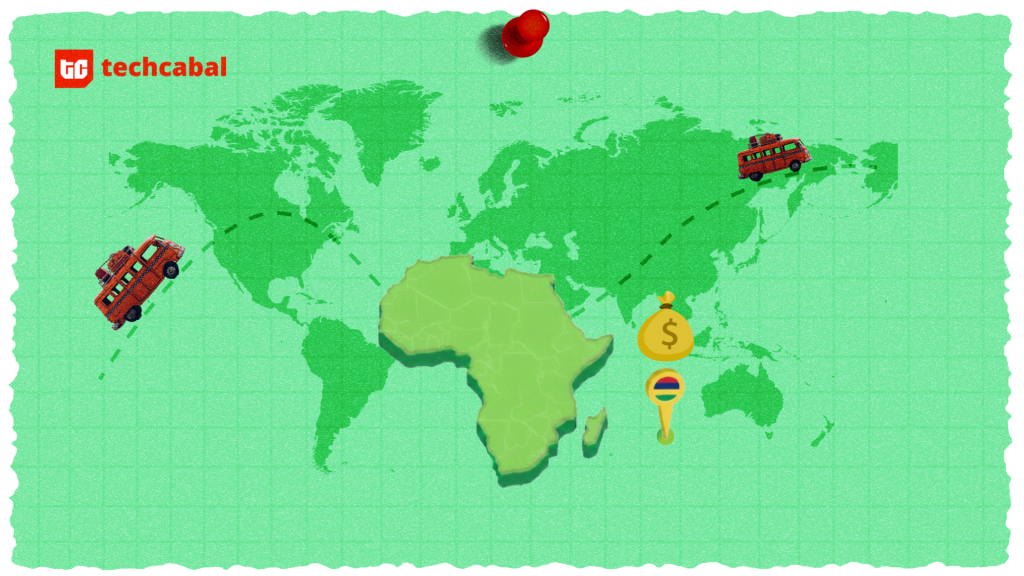Nigeria is in a fix.
Oil sales – from which we bankroll our entire economy – are dwindling. We’ve lost the patronage of two of our biggest customers: US and China. One of them is now a major supplier, and the other has lost appetite for our light sweet crude.
Oil prices are at an 11 year low, and as a result, the Nigerian Naira is worth far less than we’d like to admit. The apex bank, against advice from financial experts worldwide, is attempting to regulate the exchange rate, and our foreign reserves are getting depleted even further, as a result.
Now, we have 2 prices, instead of 1. One of them, is the price people are willing to pay for the Nigerian Naira (black market rates), which reflects its true value, and the other price is the one the CBN is pretending represents the Naira’s value (official rates).
What on earth does this have to do with a transportation network company?
Recently, users of the service started noticing discrepancies between their service charge, as reported by the Uber app, and the debit-card deductions reported by their respective banks.
Of course, as is the usual Nigerian manner, there has been a deafening uproar on the internet, and Uber Lagos has been pelted with insult, upon insult, upon insult.
Case in point.
Then take your sorry ass outta Nigeria we dont pay our local cabs in dollars. https://t.co/lmdLAQMmTD
— Tonie #Stacsclan (@banwoashiru) January 5, 2016
And this is one of the milder ones.
Here’s the thing. Uber is an international entity, and their merchant accounts are not based locally, in every country from which they operate. That’d be a logistical nightmare. In cases like this, banks typically add an international transaction fee for each purchase using locally denominated debit cards.
Under normal circumstances, the difference is negligible, so no one was spewing any venom about it. This time however, discrepancies of above 20% are certain to draw customers’ attention.
https://twitter.com/kazebleek/status/684384447697911808
I reckon now that foreign exchange is scarce, banks have chosen to settle their dollar obligations at parallel rates, and possibly shave a few kobos for themselves in the process.
Who gets the blame?
Yupp. You guessed it.
Uber.
Another theory, about what’s going on, is DCC – Dynamic Currency Conversion.
Can someone please help explain this in English and not "GTBankese" pic.twitter.com/D5Cqq3A9OG
— Osaretin Victor Asemota (@asemota) January 7, 2016
Basically, a hidden charge, applied when you attempt to settle international payments in your local currency. Read about it here.
Obviously Uber and the banks need to go and work out their settlement issues privately, but passive-aggressively transferring the cost to consumers and leaving Uber to hold the reputational slime bag is a bit…slimy.











